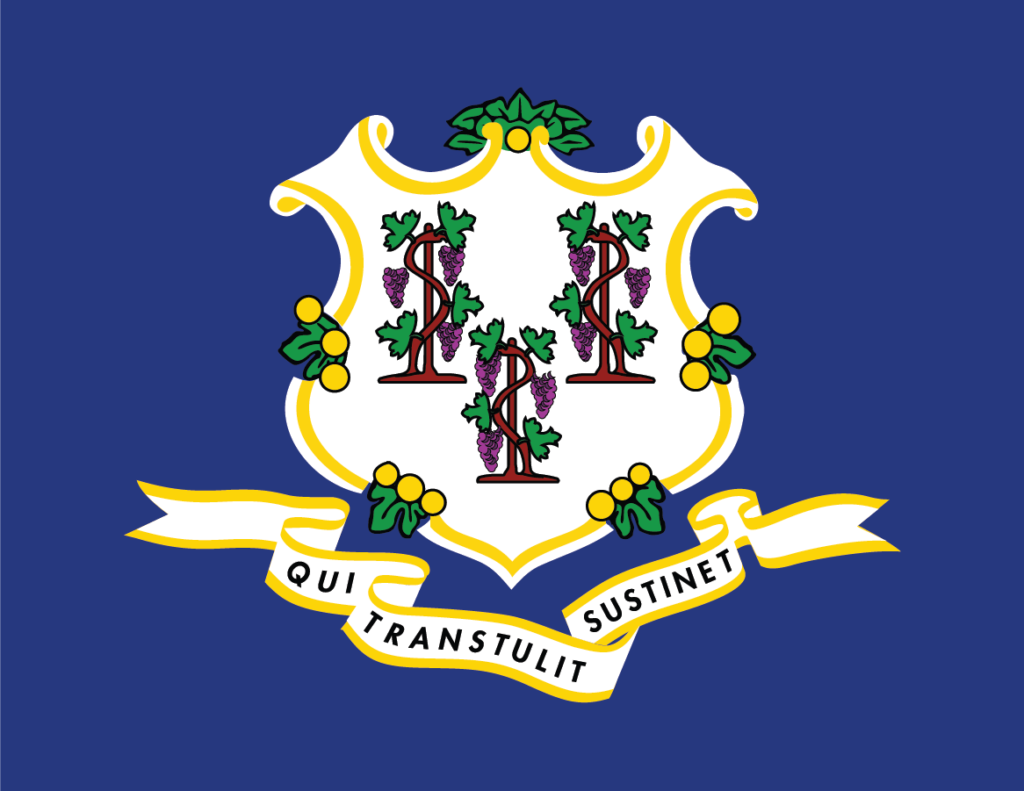
By Ray Williams
Connecticut held a meeting on March 2, 2018 on occupational licensure with assistance from The Council of State Governments, or CSG, the National Conference of State Legislatures, or NCSL and the National Governor’s Association, or NGA.
CSG launched an occupation licensing technical assistance project in August 2017 in partnership NCSL and NGA, through a $7.5 million grant from the U.S. Department of Labor, or DOL. The 11 state consortium includes Arkansas, Colorado, Connecticut, Delaware, Illinois, Indiana, Kentucky, Maryland, Nevada, Utah and Wisconsin. Each state focused on specific occupations and target populations in an attempt to identify known and unknown barriers of occupational licensing.
The DOL project scope identified the key populations for each state as military spouses and children, immigrants with work authorization, people with criminal records and unemployed and dislocated workers. The DOL identified 34 occupations for evaluation, allowing each state to select specific occupations based on their individual needs. The overall objective of the project is to examine occupational licensing requirements, identifying potential barriers and to improve portability across state lines.
The consortium met last November in Tucson Arizona, giving state leaders an opportunity to work on action planning with licensing stakeholders, while collaboratively collecting data. Since the November meeting, 7 states have held in state meetings including Arkansas, Colorado, Connecticut, Delaware, Illinois, Maryland and Nevada. The remaining 4 states, including Indiana, Kentucky, Utah and Wisconsin have in state meetings planned in the coming weeks.
Throughout these meetings, reciprocity is one of the emerging themes and states are looking to neighboring states, as well as consortium states, to ease occupational licensing portability between state lines.
Connecticut’s Department of Public Health Section Chief Christian Anderson said during the 2017 consortium meeting, “We have always assumed that Connecticut’s reciprocity agreements have been a selling point for the state but we really didn’t know until we met with consortium states.”
During Connecticut’s in-state meeting, April 2018, Director of Policy Bill Wlez said, “it is imperative that Connecticut review and expand reciprocity agreenents with consortium states, as well as neighboring states, to stay competitive and continuing to protect public safety.”
Over the course of the project, consortium states are relying on current and active interstate compacts as a means to solve problems that span state boundaries. CSG’s National Center for Interstate Compacts, or NCIC, is a policy program developed by CSG to assist states in developing interstate compacts, which are contracts between states. Currently, the NCIC manages more than 200 active interstate compacts helping states facilitate consensus on national issues.
CSG, NCSL and NGA provided a throughout review of state requirements and reciprocity agreements on occupational licenses. The collected data will allow all states to ensure consistency throughout testing procedures, education requirements and any necessary training requirements across all 50 states and 5 territories.
In addition to reciprocity agreements, consortium states are also using shared data to examine best practice methods for background check requirements, apprenticeship programs, transferability of military skills, overcoming legislative obstacles and lessons learned approaches to occupational licensing barriers.”It is an opportunity for all states to learn from one another, as well as hopefully ease barriers in portability, all while advancing economic development,” Connecticut’s DOL Executive Director Kathleen Marioni said during a status meeting.
For the remainder of 2018, CSG, NGA and NCSL will visit each consortium state, providing technical assistance and best practice methodologies from other states. All 11 consortium states will meet in November of 2018 to review and share their progress with stakeholders.
This workforce product was funded by a grant awarded by the U.S. Department of Labor’s Employment and Training Administration. The product was created by the recipient and does not necessarily reflect the official position of the U.S. Department of Labor. The Department of Labor makes no guarantees, warranties, or assurances of any kind, express or implied, with respect to such information, including any information on linked sites and including, but not limited to, accuracy of the information or its completeness, timeliness, usefulness, adequacy, continued availability, or ownership. This product is copyrighted by The Council of State Governments.